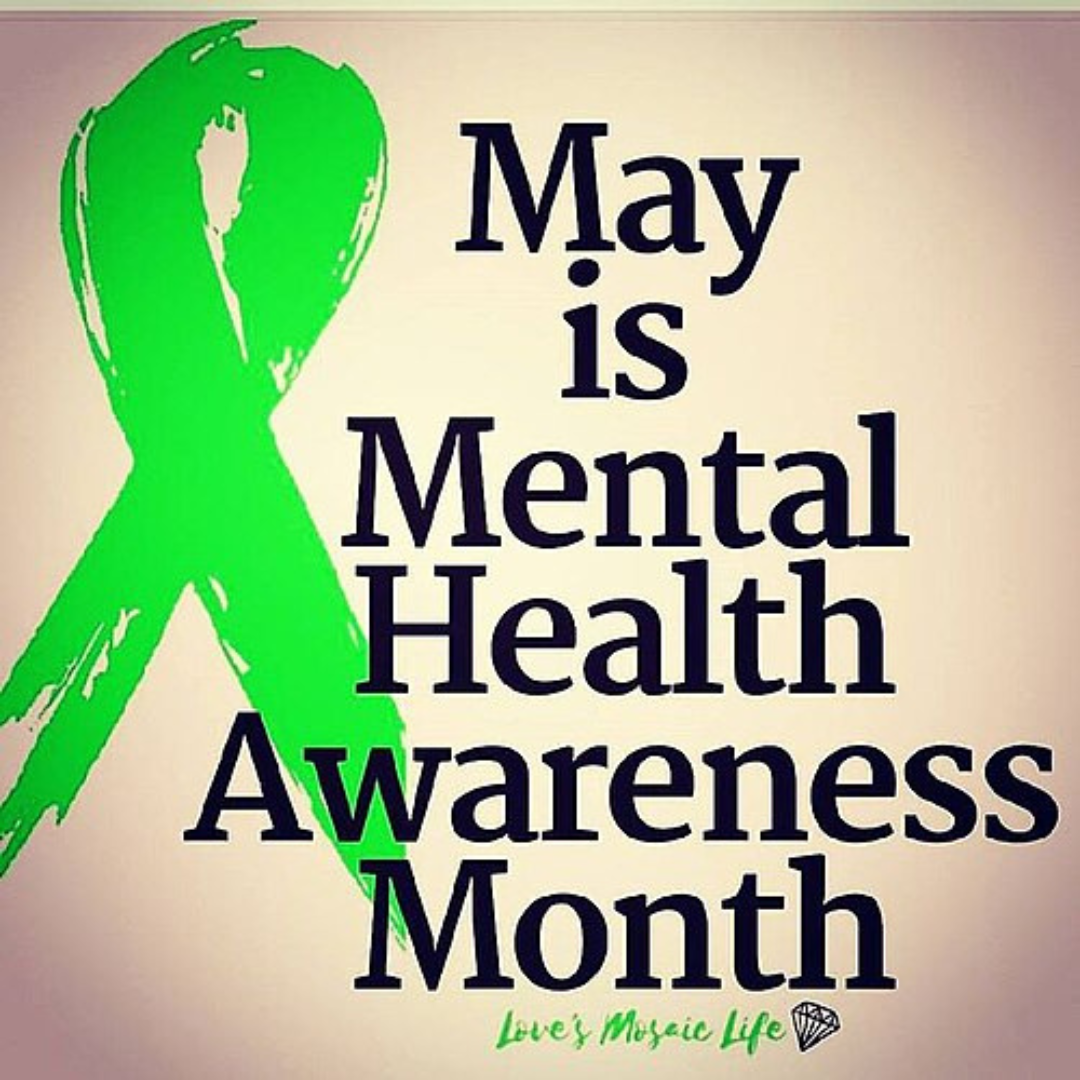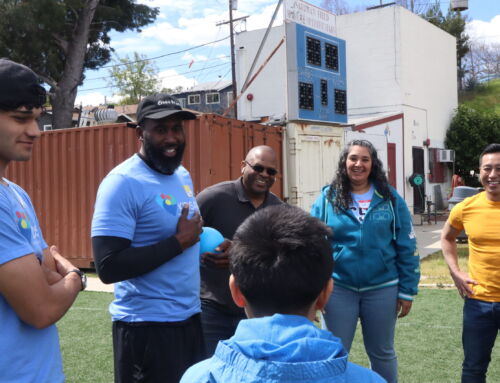
By Benjamin Rosas
May is Mental Health Awareness Month! Mental health is often ignored despite a fair sample of the U.S. population having some sort of mental illness. In recent years, it has been reported that when compared to the 18-22% of the general population, up to 80% of children in foster care have significant mental health challenges.
Mental health is a top priority, especially for our youth in foster care. Living in foster care can have lasting consequences due to lack of stability and emotional support. With no guidance or warmth from a caring adult, these kids may grow up angry at the world for the social negligence put upon them. The trauma that carries with them over the years runs deep and if not properly treated, can affect them for the rest of their lives. Tending to the mental health of youth is essential for them to lead productive lives.
Mental Health and Foster Care
The healing process from trauma endured in foster care is not a road to be taken alone; it requires stability and consistent relationships with guardians and caretakers. However, many youths in foster care experience frequent placement changes that disrupt therapeutic progress and trust building. Placement stability remains one of the most important factors related to teens in foster care. It provides a sense of well-being, support, and permanence. The longer a child is in foster care, the more likely they are to have three or more placements. Removal from a placement requires starting over again and putting a teen's life on pause for the relocation. Teens who experience multiple placements have trouble making lasting relationships, are held back from academic duties, and are more prone to aggression, depression, and delinquency. Factors out of their control, like switching placements, are detrimental to their mental health. This is especially true for Black, Latino/a and LGBTQ+ teens in foster care.
Black, Latino/a, and LGBTQ+ youth receive less access to quality culturally responsive mental health services which may lead to higher rates of untreated trauma, depression and PTSD. Among Black LGBTQ youth in one sample, 66% reported depressed mood in the past 12 months, with 35% reported seriously considering suicide. These groups are among the most neglected and harassed communities in the U.S. Systemic racism, homophobia, and socioeconomic barriers continue to marginalize these communities.
Community-based support and advocacy play a vital role in bridging the mental health care gap for these young people, including mentorship, wraparound services, and restorative practices. Rallying behind a community that has had a historical systemic disadvantage allows individuals to feel seen, valued, and empowered. One of the biggest support systems for mental health are wraparounds. Wraparound services provide a comprehensive, holistic, youth and family-driven way of responding when children or youth experience serious mental health or behavioral challenges. Every year, citizens rally with these communities in efforts to provide consistent compassion needed long ago. We honor their communities by dedicating certain months to celebrate and honor their contribution to society. While we still have a way to go, the community's resolve is growing stronger by the year.
How Can You Help?
Kidsave recognizes the critical importance of mental health support for our youth and how trauma holds these teens back from living their lives to their full potential. The EMBRACE Project is addressing the mental health gap for kids in foster care by developing culturally responsive and identity affirming support for marginalized youth. We invite all to support the EMBRACE project in efforts to further ensure long-lasting health advocacy. Donate at embrace.kidsave.org.
In addition, consider sharing any post on social media addressing this dilemma within our children. This is the best way to get the word out about causes worth fighting for. Follow Kidsave on Instagram @kidsave. Write to your local representatives asking them to support policies that expand access to trauma-informed and identity-affirming mental health care for youth in foster care. We must urge those with the power to make a difference, to use their influence to do the right thing and help our nation's kids who are suffering.
Keeping our mental health intact is not an easy feat. Life can be full of pain. But there is also love and beauty. While May is one month to acknowledge the mental health crisis in the world, kids need your support year-round. Be the light in a foster teen's life and show them that life is the greatest gift of all. To find out how you can get involved, visit https://go.kidsave.org/mentor-adopt


